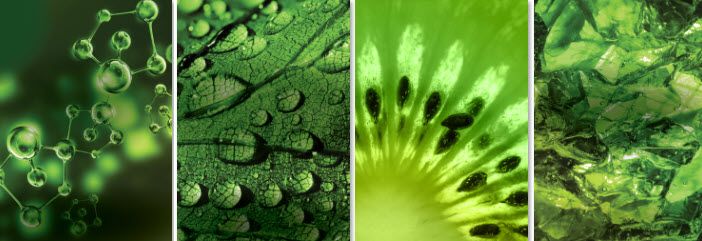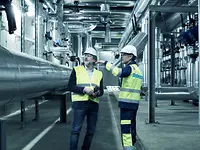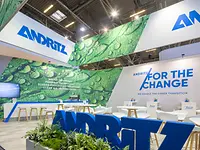The brain behind your operation: Metris addIQ control systems
How to sustainably turn sludge into fertilizer?
City of Fort Worth, Texas
Did you know: ANDRITZ supplied a complete thickening, dewatering and drying system for biosolids, with the largest single line dryer in the world at the heart of the process. With the switch to dried biosolids, cities like Fort Worth, Texas, are able to reduce the total amount of product managed by more than 70 percent.
Land application of dewatered biosolids continues to be common practice. By changing the process, the municipality of Fort Worth, Texas, is now able to produce a hard, pelletized end product. This way, the total amount of product managed, as well as transport costs and odors are drastically reduced. And the high-quality Class A biosolids can be marketed in multiple ways. A clever solution!
The challenge:
Develop a solution for biosolids treatment with a low-odor, low-volume end product, to reduce odor, transportation distances, and costs.
Our solution:
A complete thickening, dewatering and drying line consisting of PowerDrum drum thickeners, D7LL decanter centrifuges, and a DDS140 drum dryer, the largest single line dryer in the world with more than 14 tons evaporation capacity per hour.
Results:
Production of approximately 2,300 dry tons of Class A biosolids per month. The switch from a moist, compost-like product to a dry, pelletized one has reduced the total amount of product managed by over 70 percent. As a bonus, the drum dryer is able to use biogas produced at the Village Creek Water Reclamation Facility as a fuel source.








